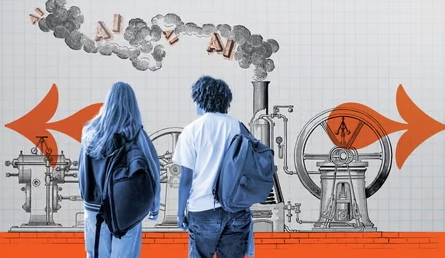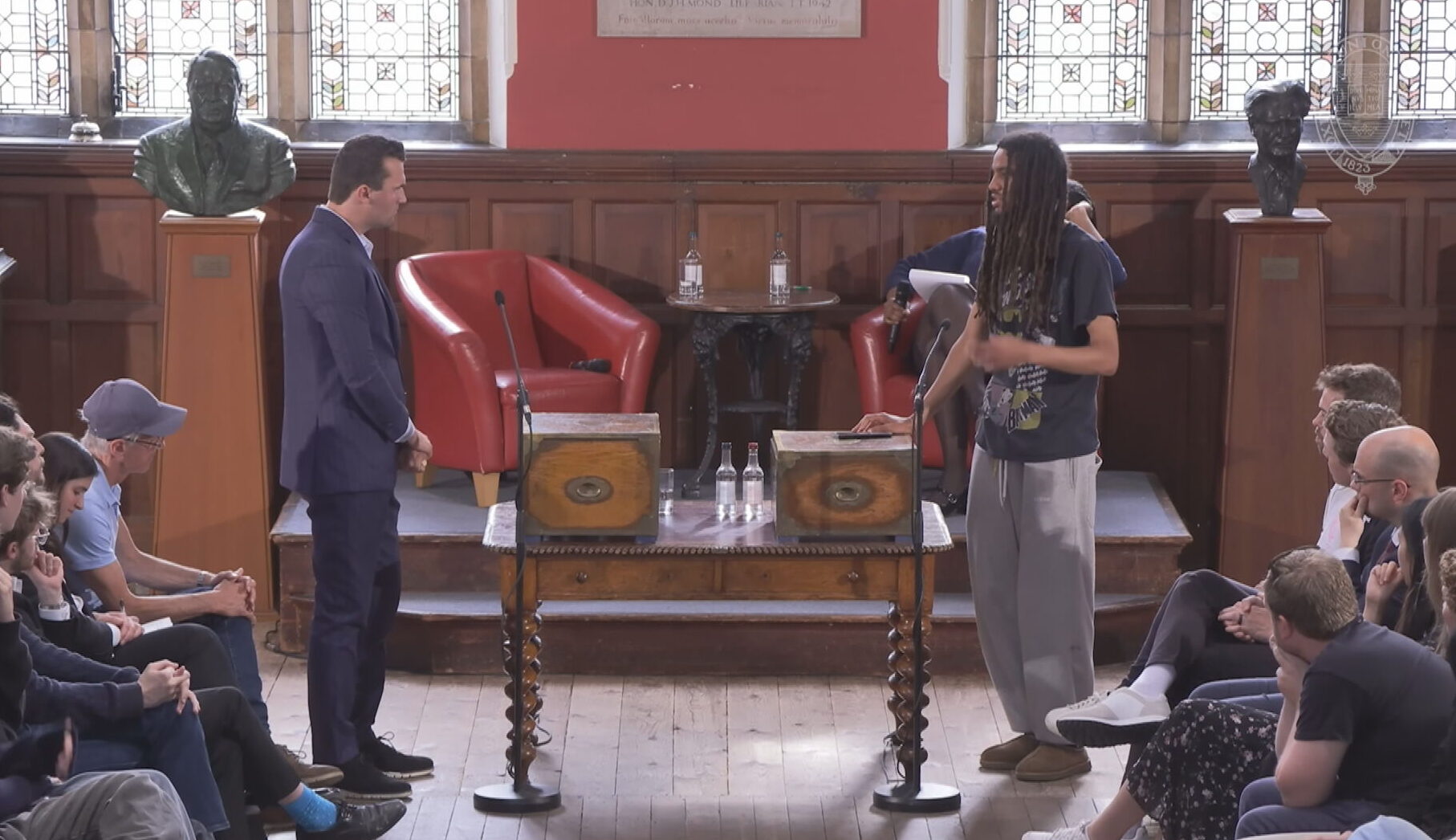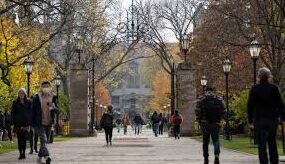Artificial intelligence is rapidly changing how students learn and the kind of world they will graduate into. Experts say young people who adapt early will have a major advantage.
Open AI CEO Sam Altman, whose company launched ChatGPT in November 2022, told a U.S. podcast that if he were graduating today, he would feel like “the luckiest kid in all of history.” He believes AI will displace some jobs, but new and more exciting ones will emerge. “Young people are the best at adapting,” he said.
For British families choosing universities in the age of generative AI, Altman’s optimism may offer comfort. But education specialists stress that students must actively prepare if they want to make the most of their degrees and future careers.
Dr. Andrew Rogoyski of the University of Surrey’s Institute for People-Centred AI says students often move faster than universities when it comes to embracing AI. “Education went from banning ChatGPT to realising it’s a life skill we must teach, all within months,” he said. “The workplace is changing just as quickly.”
His advice to prospective students: ask questions and demand answers. “Some careers will change drastically. Make sure universities are keeping up.” Even students less familiar with AI should learn to use it. “Being able to work with AI is now like being able to read and write,” Rogoyski added.
He urges students to check how each university is responding. “Ask: what’s your strategy? Will my degree still matter in the future?”
Recruitment expert Dan Hawes from Graduate Recruitment Bureau agrees. He sees AI as a long-term positive, despite today’s slower job market. “It’s still hard to predict which jobs will exist in four years,” he said. “But graduates who grow up with AI will be in demand. Employers will want this new generation of talent.”
Maths remains a strong bet, Hawes added, since AI cannot replace the skills it builds.
Professor Elena Simperl of King’s College London advises students to look for AI training across all subjects. “It’s not just about writing emails faster. It’s changing how we work, research, and think,” she said. Universities with strong AI expertise will prepare students to succeed, no matter their degree.
She believes AI will reshape tasks, not wipe out entire jobs. “We should focus less on which roles will disappear and more on how AI can assist. Those who know how to use it will benefit most.”
And what about subjects like English literature or history? Rogoyski says they remain valuable. “Good teaching gives you lifelong skills like critical thinking, writing, and communication. These won’t lose value.”
The way graduates apply those degrees may change, he admitted with a smile. “If nothing else, you’ll enjoy your downtime while AI does the work and universal basic income pays the bills.”






